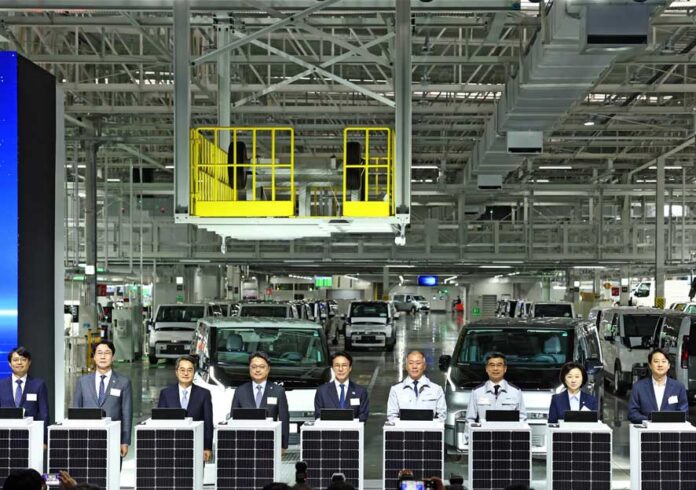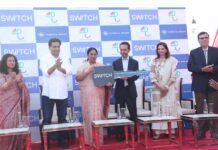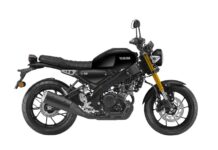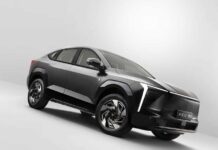
Kia Corporation has achieved a major milestone with the completion of its dedicated Platform Beyond Vehicle (PBV) facility – Hwaseong EVO Plant East and the groundbreaking of EVO Plant West, a large-scale PBV production facility in Korea. Combined, the two facilities will deliver an annual PBV production capacity of 250,000 units, reinforcing Kia’s vision to establish a global PBV production hub.
The inauguration ceremony at Kia AutoLand Hwaseong Plant in Gyeonggi Province was attended by dignitaries including Min-seok Kim, Prime Minister of the Republic of Korea, and Hyundai Motor Group executives such as Euisun Chung, Executive Chair, and Ho Sung Song, Kia President & Global CEO.
Spanning 296,882 square meters with an investment of approximately KRW 4 trillion, the Hwaseong EVO Plants (East and West) are designed to support next-generation PBV production, electrification of light commercial vehicles, and Kia’s global expansion in future mobility solutions. EVO Plant West is scheduled to start operations in 2027.
Kia is positioning the Hwaseong EVO Plant as a strategic hub to drive innovation in sustainable mobility, autonomous driving, electrification, and AI-driven vehicles. Ho Sung Song emphasized Kia’s commitment to leveraging PBVs as a core future business and advancing sustainable mobility globally.
Prime Minister Min-seok Kim highlighted the collaborative role of Korea’s automotive industry in embracing future mobility technologies, including electrification, AI, and autonomous solutions.
Ho Sung Song, Kia President and Global CEO said, “Kia is leveraging the electrification of light commercial vehicles as a key opportunity to position PBVs as a core future business. As we continue our journey toward sustainable future mobility, Kia remains committed to becoming a trusted partner in building a better future for Korea — and for humanity as a whole.”
Kia’s Hwaseong EVO Plant integrates advanced manufacturing technologies to drive sustainable PBV production. The facility emphasizes automation, low-carbon operations, human-centric design, and flexible production, supporting both mid-size PV5 and upcoming large-size PV7 PBVs.
EVO Plant East (98,433 m²) produces 100,000 units annually, while EVO Plant West (136,671 m²) will add 150,000 units, creating a total PBV capacity of 250,000 units. Kia is also launching a PBV Conversion Center (63,728 m²) for customized vehicles like box vans, open-bed trucks, camping vehicles, and future PV7 models.
The plant incorporates the E-FOREST smart factory system, AGV-based logistics, dry paint booths, and human-centric automation. Kia’s strategy focuses on Product, Manufacturing, Solutions, Services, and Channels, supported by a 50 MW solar power initiative, positioning Kia as a global leader in sustainable PBV and mobility solutions.








